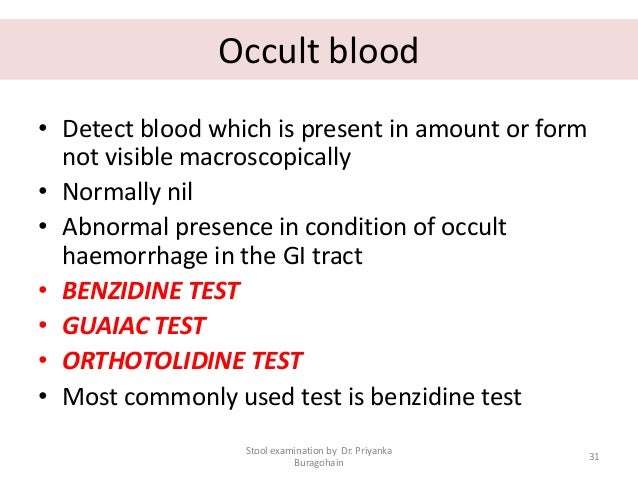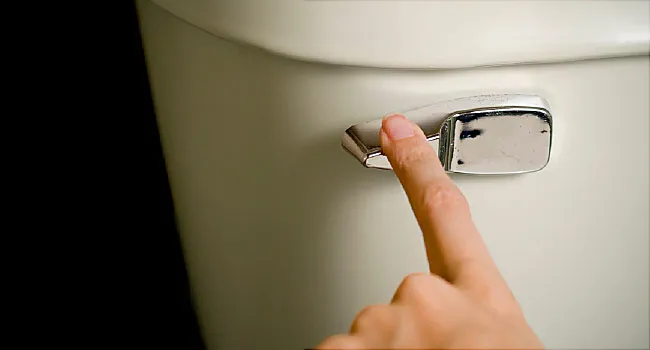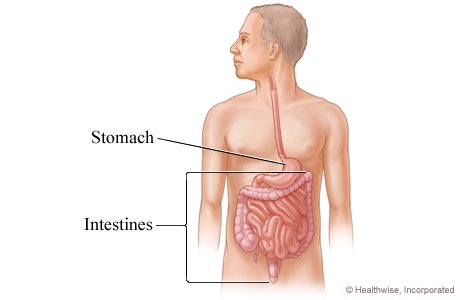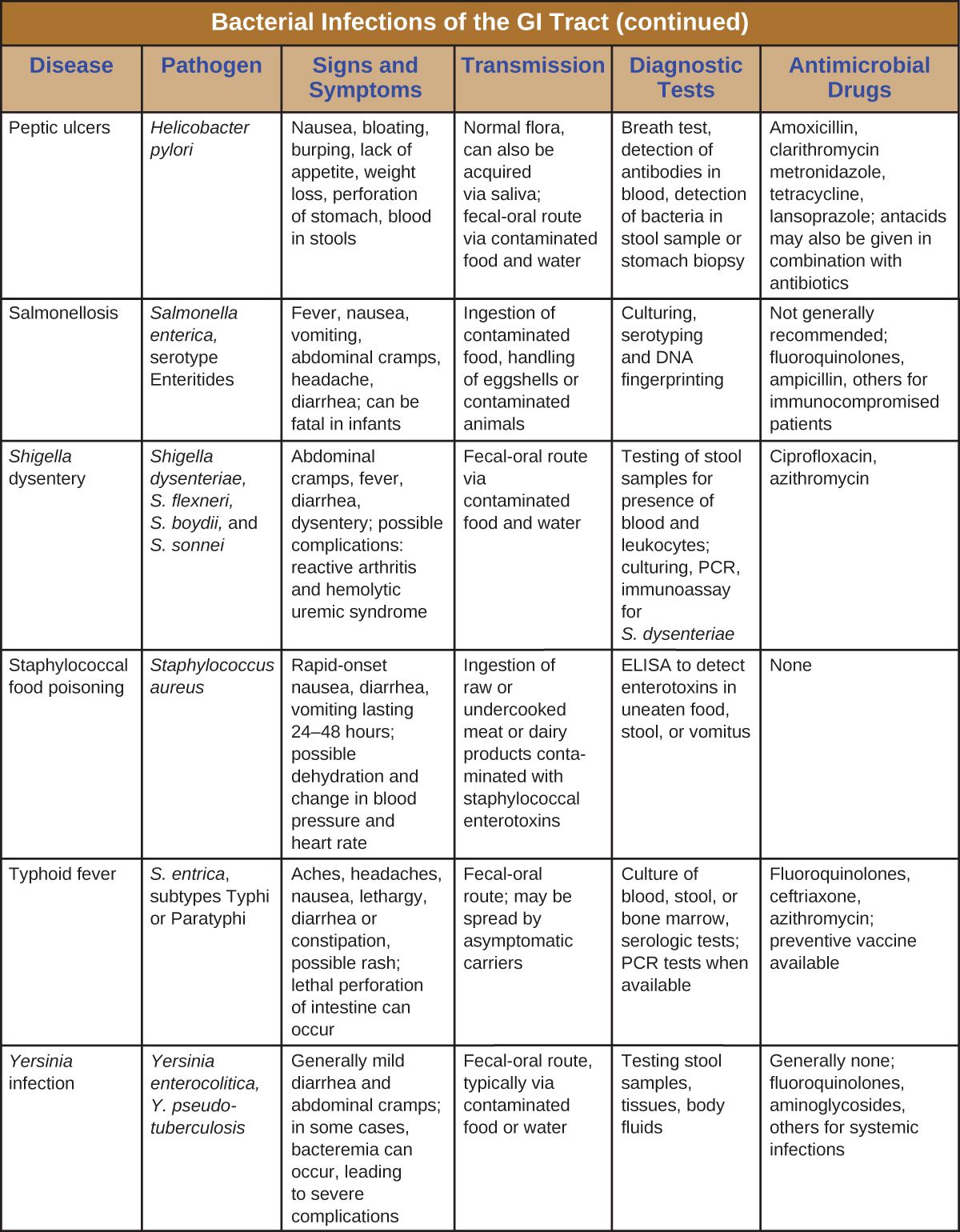Trace Of Blood In Stool Sample

The fecal occult blood test requires the collection of 3 small stool samples.
Trace of blood in stool sample. After the lab evaluates your stool sample. Any details you can give about the bleeding will help your doctor locate the site of bleeding. Request an appointment at mayo clinic. Symptoms of pooping blood.
Triggered or worsened by. A negative test result means that no. Blood in the stool. Blood in the stool typically presents as blood red or maroonish and represents a bleed somewhere in the gastrointestinal gi tract from mouth to anus.
A fecal occult blood test is considered positive if blood is detected in your stool samples. In or on the stool. For many people the only symptoms of blood in stool is noticing bright red blood on toilet paper or drops of blood in the toilet bowl. What does a positive fecal occult blood test mean.
Continued blood in stool diagnosis. Find possible causes of blood in stool based on specific factors. Newer stool dna tests are also available to. Cologuard tests for colon cancer by identifying abnormal dna and traces of blood in the stool that precancerous polyps and colon cancer can cause.
Check one or more factors on this page that apply to your symptom. By mayo clinic staff. According to uptodate 4 seeing blood on the outside of your stool on toilet paper after wiping or in the toilet is fairly common and most of the times it is not the result of a dangerous medical issue. You may need additional testing such as a colonoscopy to locate the source of the bleeding.
May 12 2020 print. Blood in stool in adults. Usually the samples are a bit of stool collected on the end of an applicator. Usually the only way to detect occult blood in stool is to send a sample to the lab for testing.
This kind of rectal bleeding which appears as bright red blood is most commonly caused by hemorrhoids and anal fissures. It is important to have a doctor evaluate any bleeding in the stool. In toilet bowl or on toilet tissue. Very often there is no pain when passing blood in stool.
Stool tests are also helpful in detecting blood in the digestive tract which might account for low iron levels or be a warning sign of colon cancer.

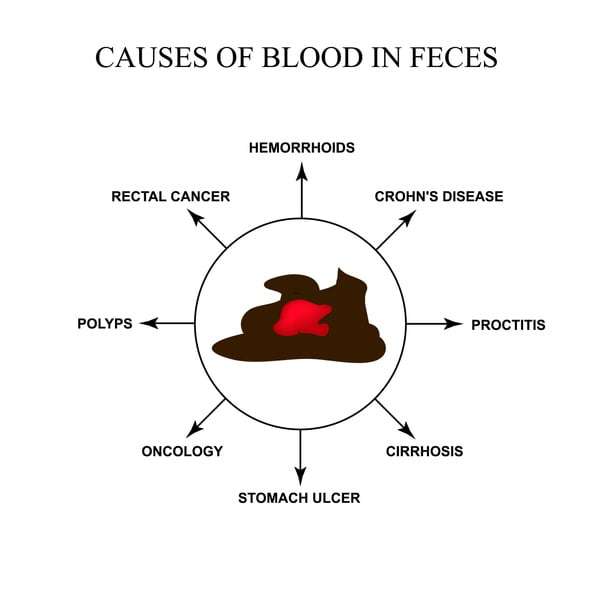




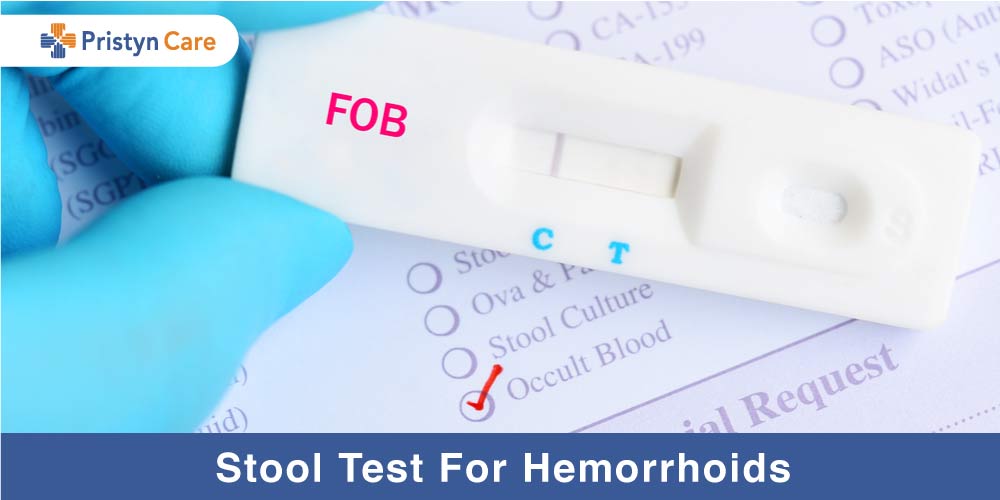
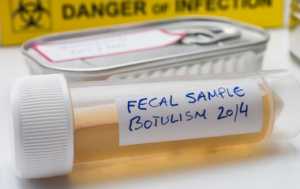

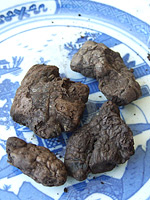
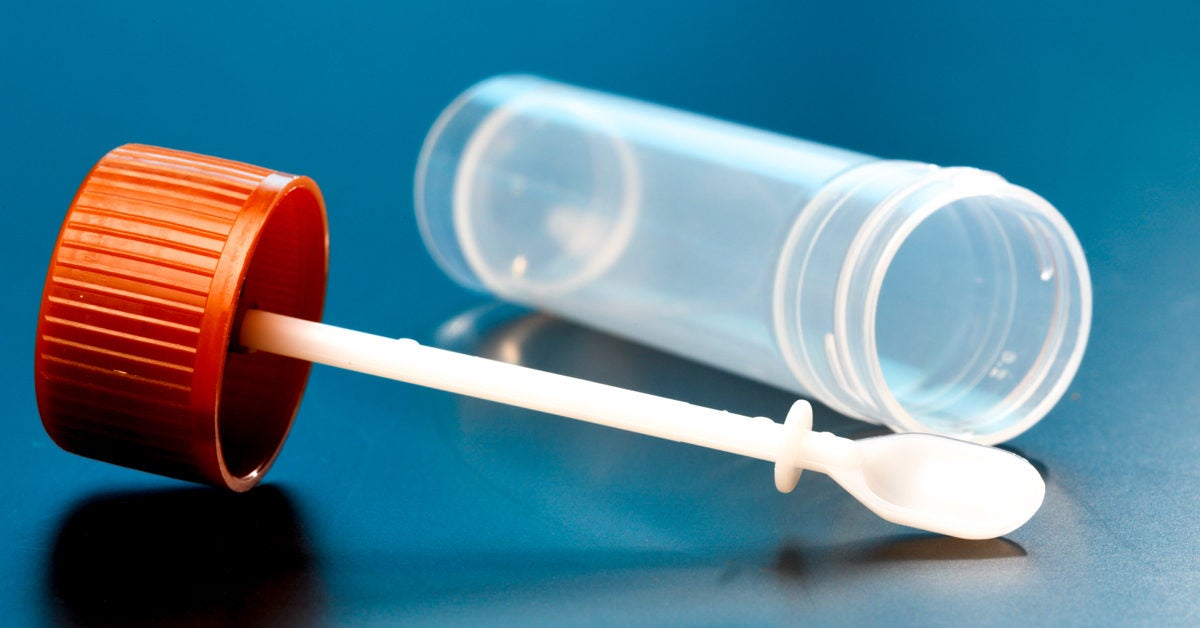

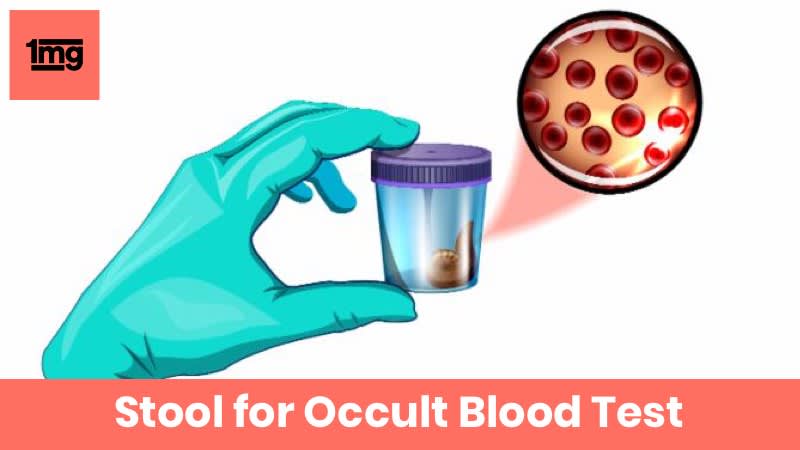
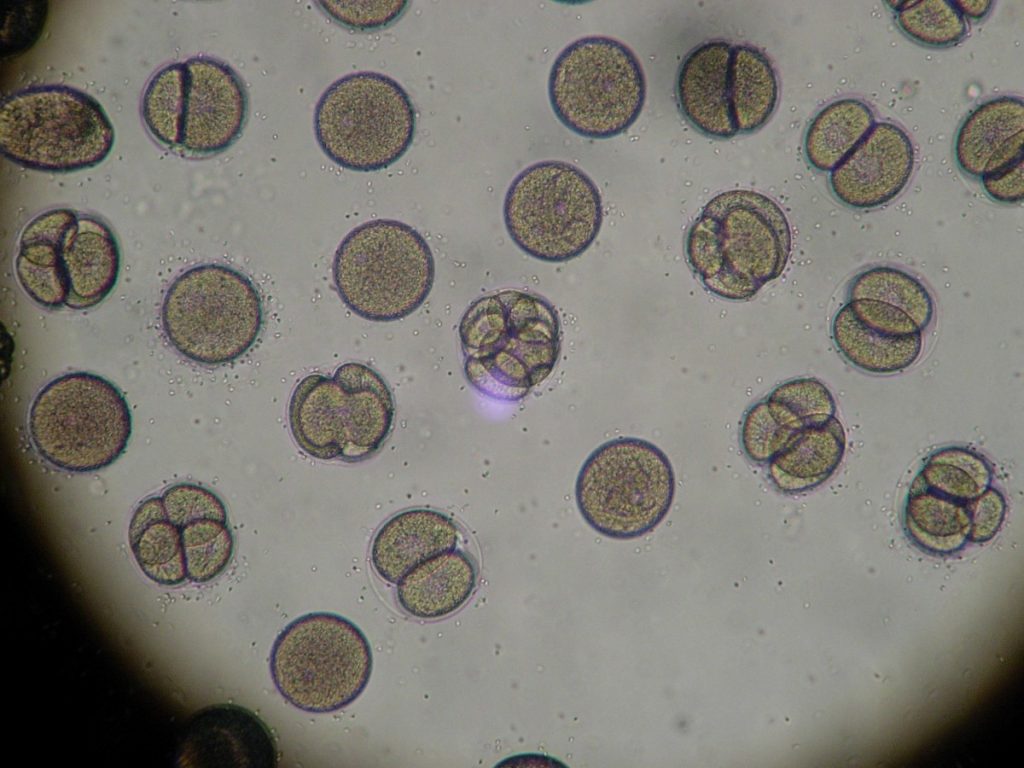

:max_bytes(150000):strip_icc()/how-the-stomach-flu-is-diagnosed-4688636_FINAL-9c6bd54c6e744527a3119a9a239e76b3.png)


